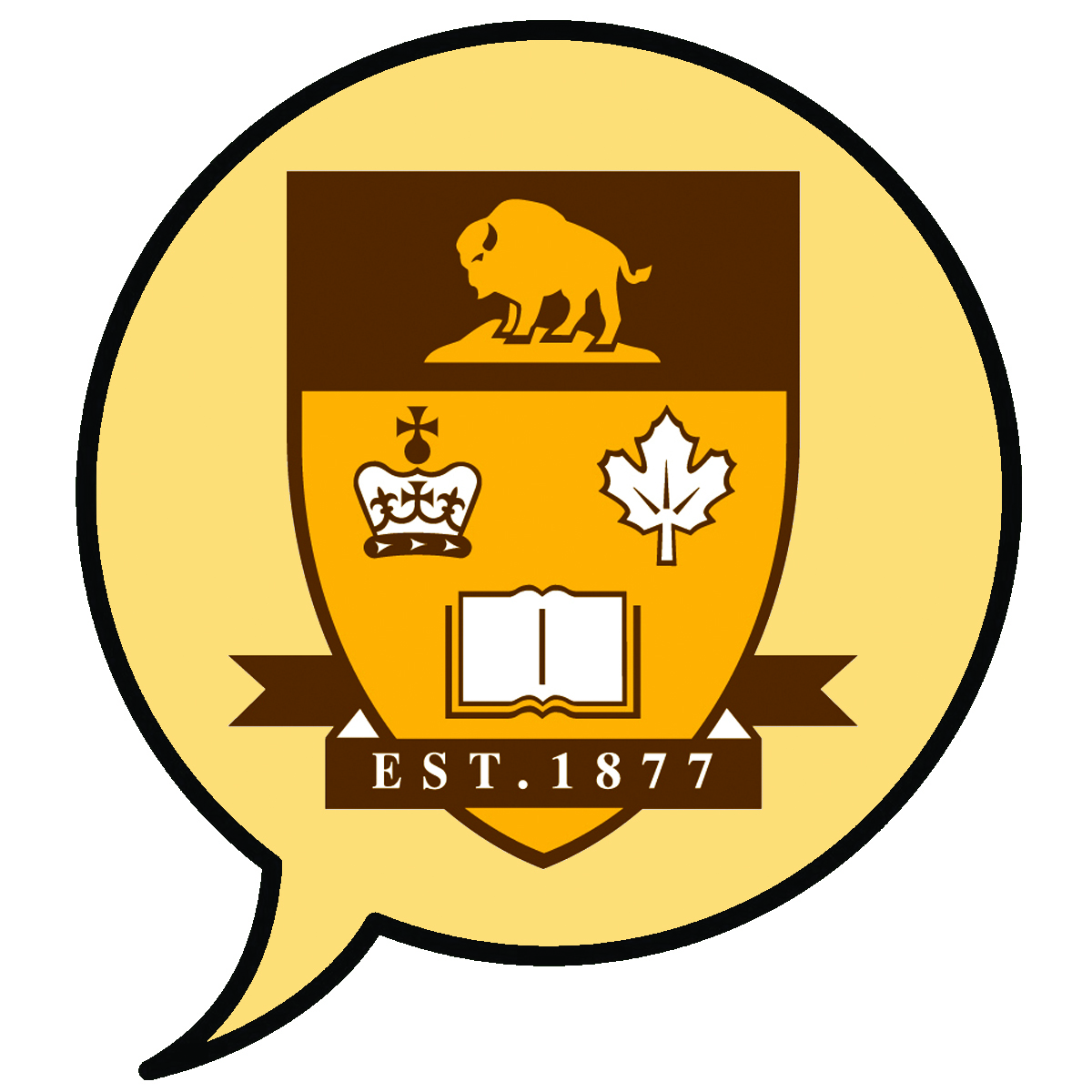Human history is, on the whole, a miserable affair. I don’t like to make generalizations, but it’s a safe bet that the vast majority of people who have existed on this world lived short, wretched lives, dominated by disease, hunger, violence and fear. Few have ever had the opportunity to fulfill what we call their “full potential,” and fewer still have had even the slightest effect on the world around them before being swallowed into the maw of an anonymous oblivion. If one word described the totality of our species’ tenure, it would surely be: unfair.
In contrast to this long and terrible narrative stands, apparently, modern society. Of course, a lot of unfair things still happen, but we have amassed a number of tools to try and marginalize such occurrences. Perhaps most prominent, or at least most likely to come to mind in this hemisphere, is democracy. With this invention, it’s become possible for all people make a contribution to the society in which they live. The cynic will scoff at how small this contribution may be, but it’s a damned sight better than the lot suffered by most of our ancestors.
Democracy, in one form or another, has been gaining steam for a couple thousand years, and it’s tough to argue that there’s a fairer system of governance in the world. Indeed, wars have been fought in the name of democracy. And how often do we hear politicians speak of the pillars of our society being the values of fairness, justice and democracy? Such rhetoric has certainly been on display over the past several weeks, against the backdrop of the protests in Egypt.
It should sound all well and good, and familiar to Canadian ears — Canada being, after all, a pretty fair, just and democratic place. But it increasingly seems as though one of these things is not like the others. No one, unless motivated by self-interest, can make an argument against fairness and justice being good values to base a society on. But democracy is an altogether different matter.
The problem is that democracy really isn’t a value at all. It is instead the product of other values, including the aforementioned ones, fairness and justice, which, let’s be honest, are two sides of the same coin and the real goals that we have always been striving for. It is a means to achieving such goals. But it is not a value, and calling it such is becoming a problem for everyone.
The most obvious example is the American invasion of Iraq. Ignoring the other possible or probable reasons for this misadventure, it is indisputable that a great many people saw it as an opportunity to plant a seed of democracy in the Middle East. And this belief was one of the factors that has led Iraq to its current state. American diplomats introduced democracy, all right, but for its own sake, and few would argue that this import has done anything to make the country a fair or just place.
What the architects of the Iraqi constitution failed to realize is that a just society does not equate with a democratic one. It is entirely conceivable that an autocratic state might be administered in a fair and just manner, the parable of the “benevolent dictator.” Of course, experience has taught us that such a scenario is unlikely to emerge, and even less likely to endure — democracy is admittedly the most reliable way to achieve and maintain the desired result of fairness and justice. But it is not necessarily the first step on that road, and it is definitely not the only.
Democracy itself is also too imperfect to be a value. It has numerous permutations, and all create a system that can lead to injustice, some more so than others. Only in combination with other contrivances does it lead to a fair society — tools like robust laws, entrenched rights and, implemented correctly, bureaucracy.
None of this is to say that democracy is a bad thing. On the contrary, it’s a good thing, but its goodness derives from its utility in building something worthwhile, in the same way that a hammer is a good thing because it helps us build people’s houses. And like a hammer, democracy is one tool of many, and it can be used for ill.
The characterization of democracy as a value is something we could easily brush aside as a harmless semantic issue. But just as values are important, so too is defining exactly what those values are and are not. At the end of the day, we all know, in the back of our minds, that we are lucky to have eluded the cruel fate suffered by billions of people throughout history. Fairness and justice are what we are all after — democracy, reliable and familiar a tool as it may be, will always remain but a means to such ends.
Greg Sacks is a first-year law student at Robson Hall who believes that “slow and steady wins the race” is a mantra to be judiciously applied in most sports.


